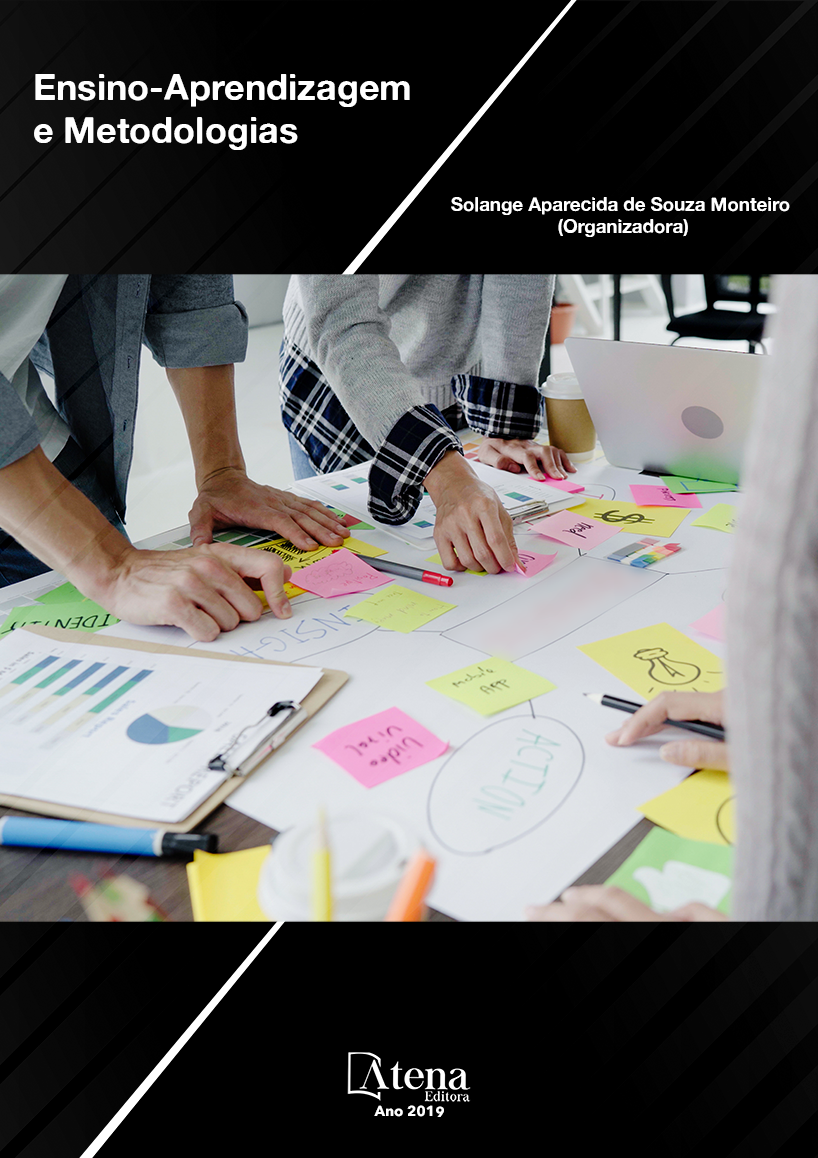
A LEITURA DE ALUNOS NÃO ALFABETIZADOS NA EDUCAÇÃO INFANTIL: O PRIMEIRO PASSO PARA A FORMAÇÃO DE LEITORES
Este artigo tem por finalidade
discutir a introdução, por professores da
Educação Infantil, de estratégias de leitura que
possibilitam a ampliação dos olhares dos seus
alunos, acerca do mundo letrado. Dessa forma,
ensinar os alunos a lerem outras linguagens,
que não sejam exclusivamente a linguagem
verbal, é mostrar-lhes que eles também sabem
ler e atribuir sentido a diversificados cenários
(como quadros, fotos, expressões corporais
etc). Partindo do pressuposto que todo ser
é letrado, deve-se levar em consideração os
conhecimentos prévios trazidos à sala de
aula pelos alunos. Nesse sentido, o presente
artigo consiste numa reflexão a respeito da
leitura no processo de atribuição de sentidos
que constituem os diferentes contextos em
que nos inserimos. Destaca-se também a
importância de ler no processo de alfabetização
de crianças e, por fim, explana-se a importância
do letramento na Educação Infantil; como
este tem importantes contribuições para a
formação de leitores competentes no futuro e
como não podemos dissociá-lo do processo
de alfabetização. Ambos não podem ser
separados, pois, claramente, um não acontece
sem o outro.
A LEITURA DE ALUNOS NÃO ALFABETIZADOS NA EDUCAÇÃO INFANTIL: O PRIMEIRO PASSO PARA A FORMAÇÃO DE LEITORES
-
DOI: 10.22533/at.ed.2761925066
-
Palavras-chave: Leitura; Alfabetização; Pré-escola; Letramento.
-
Keywords: Reading; Literacy; Pre school; Literature.
-
Abstract:
The purpose of this article is to
discuss the introduction, by teachers of Early
Childhood Education, of reading strategies
that allow for the broadening of the students’
views about the literate world. Thus, teaching
students to read other languages, other than
verbal language, is to show them that they also
know how to read and assign meaning to a
variety of settings (such as pictures, pictures,
expressions, etc.). Based on the assumption
that every being is literate, one must take into
account the previous knowledge brought to the
classroom by the students. In this sense, the
present article consists of a reflection about the
reading in the process of attribution of meanings
that constitute the different contexts in which we
are inserted. The importance of reading in the process of children’s literacy is also
highlighted, and finally, the importance of literacy in Early Childhood Education is
explained; how it has important contributions to the formation of competent readers in
the future and how we can not dissociate it from the literacy process. Both can not be
separated, for clearly one does not happen without the other.
-
Número de páginas: 15
- Jucileia Silva de Oliveira
- Rodrigo Leite da Silva


